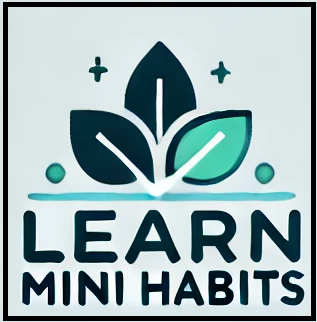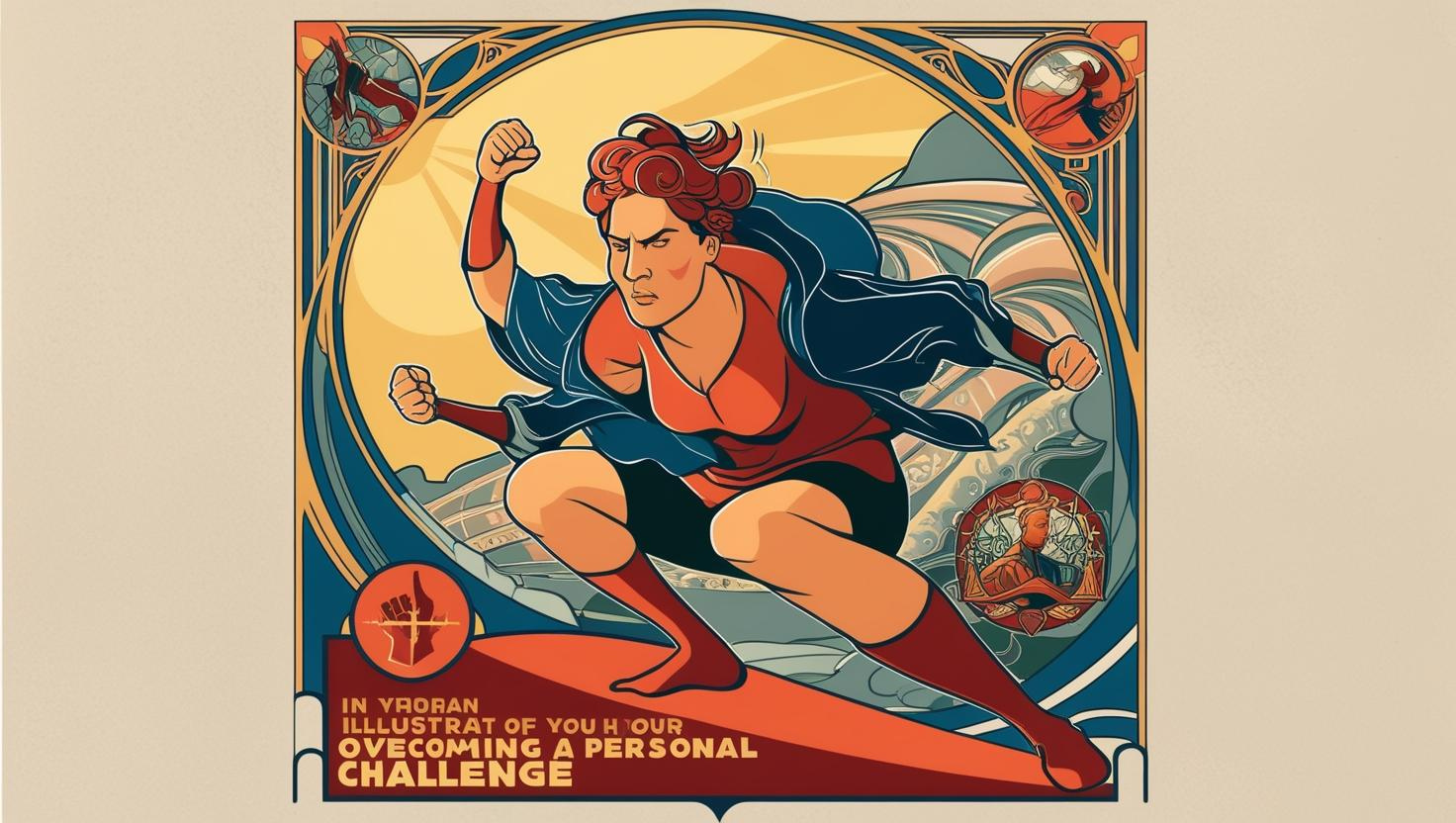Are you or someone you know struggling with a porn addiction? You’re not alone. Many people find themselves trapped in the cycle of porn consumption, feeling powerless to break free. But there is hope. In this article, we will explore empowering strategies that can help you overcome porn addiction and reclaim control of your life.
Breaking free from any addiction requires determination, support, and a plan of action. It’s important to understand the harmful effects of porn addiction on mental health, relationships, and self-esteem. With this knowledge, you can cultivate the motivation to change and seek the necessary support.
One empowering strategy is to cultivate healthy habits and engage in positive activities that can distract you from the urge to consume porn. This can include exercise, hobbies, or spending quality time with loved ones. Another effective approach is to build a support network of friends, family, or a therapist who can provide encouragement and accountability.
Remember, overcoming porn addiction is a journey, and setbacks may happen. But with the right strategies and support, you can break free from the grip of addiction and live a fulfilling and empowered life. Stay tuned for more in-depth insights and practical tips on how to overcome porn addiction in the following sections.
Understanding Porn Addiction

Porn addiction is a complex and often misunderstood issue that affects people from all walks of life. At its core, porn addiction is characterized by compulsive consumption of pornographic material, leading to significant distress and impairment in daily functioning. Unlike casual viewing, addiction manifests when an individual feels unable to control their urges to consume porn, often prioritizing it over other activities and responsibilities. This compulsive behavior can lead to a vicious cycle where the individual seeks out increasingly extreme content to achieve the same level of arousal, further entrenching their addiction.
The brain’s reward system plays a crucial role in the development of porn addiction. When someone views pornographic material, the brain releases dopamine, a neurotransmitter associated with pleasure and reward. Over time, the brain can become desensitized to this stimulation, leading individuals to seek out more explicit or novel content to achieve the same pleasurable response. This desensitization can make it increasingly difficult to derive satisfaction from real-life intimate relationships, contributing to a sense of isolation and loneliness.
Understanding the psychological aspects of porn addiction is essential in addressing its effects. Many individuals may turn to porn as a coping mechanism for stress, anxiety, or emotional distress. This reliance can create a cycle where the temporary relief provided by porn leads to long-term negative consequences, including worsened mental health and strained relationships. Recognizing the underlying motivations for porn use is a crucial first step in breaking free from its grip.
The Negative Effects of Porn Addiction
The impact of porn addiction is multifaceted, affecting not only the individual but also their relationships and overall quality of life. One of the most significant negative effects is the distortion of sexual expectations and intimacy. As individuals become reliant on porn for sexual gratification, they may develop unrealistic standards for physical appearance, sexual performance, and emotional connection. This can lead to dissatisfaction in real-life relationships, as partners may struggle to meet these inflated expectations.
Furthermore, porn addiction can significantly impair an individual’s mental health. Those grappling with this addiction often experience heightened levels of anxiety, depression, and social withdrawal. The constant cycle of shame and guilt associated with compulsive porn use can erode self-esteem and contribute to feelings of worthlessness. This emotional toll can create a barrier to seeking help, as individuals may feel embarrassed or ashamed of their situation, perpetuating the cycle of addiction.
In addition to personal consequences, porn addiction can also have broader societal implications. It can influence cultural perceptions of sexuality, leading to objectification and unrealistic portrayals of intimacy. As more individuals become entrenched in pornographic consumption, it can normalize unhealthy attitudes towards sex and relationships, impacting future generations. Understanding these negative effects is crucial for those seeking to break free from porn addiction and reclaim a healthier perspective on intimacy and connection.
Statistics on Porn Addiction
Porn addiction is more prevalent than many might expect, with various studies highlighting its growing impact on society. Research indicates that nearly 30% of individuals in the United States engage in regular porn consumption, with a significant portion of these individuals reporting feelings of addiction or compulsive behavior. The accessibility of online pornography has contributed to this rise, making it easier than ever for individuals to access explicit content at any time and from anywhere.
A survey conducted by the Pew Research Center found that 53% of men and 24% of women reported watching porn at least weekly. These statistics suggest that porn consumption is a common behavior, yet the distinction between casual viewing and addiction can often be blurred. Among those who identify as having a porn addiction, studies reveal that many experience negative consequences, including relationship issues, decreased sexual satisfaction, and struggles with mental health.
The demographics of porn addiction are also noteworthy. While it is often perceived as a male-centric issue, research shows that an increasing number of women are reporting struggles with porn consumption. Additionally, younger generations are particularly vulnerable, with studies indicating that adolescents are exposed to porn at increasingly younger ages. These statistics underscore the urgent need for awareness and support for those affected by porn addiction, highlighting its significance as a public health issue.
Signs and Symptoms of Porn Addiction
Identifying porn addiction can be challenging, as its signs often manifest subtly and can be easily dismissed. However, there are several key indicators that may suggest an individual is struggling with this addiction. One of the most prominent signs is the inability to control or limit porn consumption, despite attempts to cut back or stop altogether. This compulsive behavior often leads individuals to prioritize porn over other activities, including work, social interactions, and even personal hygiene.
Another common symptom of porn addiction is the escalation of consumption habits. Individuals may find themselves seeking out more extreme or varied types of content to achieve the same level of arousal, leading to a cycle of increasing use. This escalation can also result in feelings of shame or guilt, particularly when individuals recognize the disconnection between their porn consumption and their values or desires for real-life intimacy. Over time, this emotional turmoil can exacerbate mental health issues, creating a vicious cycle that is difficult to break. Additionally, an individual may experience withdrawal symptoms when they attempt to stop or reduce their porn use. These symptoms can manifest as irritability, anxiety, restlessness, or even physical discomfort. Such reactions can lead individuals to return to porn consumption as a means of coping, further entrenching their addiction. Recognizing these signs and symptoms is a vital step towards seeking help and initiating the journey towards recovery.
Strategies for Overcoming Porn Addiction
Overcoming porn addiction is a challenging yet attainable goal, requiring a multifaceted approach that addresses both the psychological and behavioral aspects of the addiction. One effective strategy is to establish clear goals and intentions for reducing or eliminating porn consumption. This may involve setting specific limits on viewing time, identifying triggers that lead to urges, and creating a structured plan for dealing with those urges when they arise. By outlining clear objectives, individuals can foster a sense of accountability and motivation to change.
Incorporating healthy distractions is another powerful strategy for overcoming porn addiction. Engaging in positive activities such as exercise, hobbies, or socializing can help redirect focus away from urges to consume porn. Physical activities, in particular, can release endorphins that enhance mood and reduce stress, making it easier to resist the temptation to engage in compulsive behavior. Additionally, exploring new interests can provide a sense of fulfillment and purpose that may have been lacking during periods of addiction.
Building a support network is crucial in the journey to recovery. Connecting with friends, family, or a therapist who understands the challenges of porn addiction can provide encouragement and accountability. Sharing experiences and struggles with others can alleviate feelings of isolation and shame, fostering a sense of community and understanding. Support groups, whether in-person or online, can also offer valuable resources and strategies for coping with addiction, making the journey feel less daunting.
Seeking Professional Help for Porn Addiction
While self-help strategies can be beneficial, seeking professional help is often a vital component of overcoming porn addiction. Mental health professionals, such as therapists or counselors, can provide tailored support and guidance based on individual needs and circumstances. These professionals are trained to help individuals explore the underlying issues contributing to their addiction, such as trauma, anxiety, or low self-esteem. By addressing these root causes, individuals can develop healthier coping mechanisms and strategies for managing their urges.
Cognitive Behavioral Therapy (CBT) is one effective therapeutic approach for treating porn addiction. CBT focuses on identifying and challenging negative thought patterns and behaviors associated with addiction. Through this process, individuals learn to reframe their perceptions and develop healthier responses to triggers. Therapy can also provide a safe space for individuals to discuss their feelings of shame and guilt, which can be instrumental in the healing process.
In addition to individual therapy, group therapy can be an effective option for those struggling with porn addiction. Participating in a group setting allows individuals to share their experiences with others who are facing similar challenges. This shared understanding can foster a sense of belonging and reduce feelings of isolation. Moreover, group therapy provides an opportunity for individuals to learn from one another, share coping strategies, and build a supportive community focused on recovery.
Support Groups and Resources for Overcoming Porn Addiction
Support groups are invaluable resources for individuals seeking to overcome porn addiction. These groups can provide a safe and non-judgmental environment for sharing experiences, discussing challenges, and celebrating successes in recovery. Many organizations offer both in-person and online support groups, making it easier for individuals to access assistance regardless of their location. Programs like Sex Addicts Anonymous (SAA) and NoFap have gained popularity for their focus on helping individuals reclaim their lives from addiction.
In addition to support groups, various online forums and communities exist to provide encouragement and resources for those struggling with porn addiction. Websites and apps dedicated to recovery often feature articles, forums, and tools designed to help individuals track their progress and stay accountable. These digital platforms can serve as a lifeline for those who may feel uncomfortable seeking help in person, offering a sense of anonymity and flexibility.
Furthermore, educational resources can play a crucial role in recovery. Books, podcasts, and online courses focused on porn addiction and its effects can provide valuable insights and strategies for overcoming compulsive behavior. By educating themselves about the nature of addiction, individuals can better understand their experiences and feel empowered to take proactive steps towards recovery. Utilizing a combination of support groups, online resources, and educational materials can significantly enhance an individual’s journey to breaking free from porn addiction.
Developing Healthy Coping Mechanisms
Developing healthy coping mechanisms is essential for individuals seeking to overcome porn addiction. Instead of turning to porn as a means of escape, individuals can explore alternative activities that promote emotional well-being and fulfillment. Mindfulness practices, such as meditation and yoga, can help individuals cultivate self-awareness and manage stress more effectively. These practices encourage individuals to stay present and grounded, reducing the likelihood of turning to compulsive behaviors in moments of distress.
Another effective coping mechanism is engaging in creative outlets. Activities such as writing, painting, or playing music can provide a constructive way to express emotions and channel energy. Creative pursuits can also foster a sense of accomplishment and satisfaction, reinforcing positive self-worth and reducing the desire to seek gratification through porn. Finding a new hobby or rediscovering an old passion can be a powerful way to fill the void left by the absence of porn consumption.
Physical activity is also a vital component of developing healthy coping mechanisms. Regular exercise has been shown to improve mental health, boost mood, and increase overall well-being. Whether through team sports, solo workouts, or recreational activities, staying active can help individuals manage stress and reduce the likelihood of relapse. By building a repertoire of healthy coping strategies, individuals can create a solid foundation for recovery and navigate the challenges of overcoming porn addiction with resilience.
Creating a Relapse Prevention Plan
Creating a relapse prevention plan is a crucial step in the recovery process for individuals overcoming porn addiction. This plan serves as a proactive approach to identify potential triggers and develop strategies to manage them effectively. Start by reflecting on personal triggers—situations, emotions, or environments that lead to urges to consume porn. Understanding these triggers can empower individuals to avoid or cope with them in healthier ways.
Incorporating specific coping strategies into the relapse prevention plan is essential. This may include identifying alternative activities to engage in when cravings arise, such as going for a walk, calling a friend, or practicing mindfulness techniques. Having a list of healthy distractions readily available can serve as a helpful reminder during challenging moments. Additionally, establishing a routine that prioritizes self-care and emotional well-being can strengthen resilience against potential setbacks.
Finally, accountability plays a vital role in maintaining recovery. Sharing the relapse prevention plan with a trusted friend, family member, or therapist can create a support system that encourages adherence to the plan. Regular check-ins and open communication about struggles and successes can reinforce commitment to recovery. By taking a proactive approach through a well-structured relapse prevention plan, individuals can significantly reduce the likelihood of returning to compulsive behaviors and maintain their progress towards a fulfilling life free from porn addiction.
Conclusion: Breaking Free from Porn Addiction
Breaking free from porn addiction is a challenging journey, but it is one that is entirely possible with the right strategies, support, and determination. Understanding the nature of porn addiction, recognizing its negative effects, and identifying personal triggers are essential steps in the recovery process. By implementing effective coping mechanisms, seeking professional help, and connecting with supportive communities, individuals can reclaim control over their lives and redefine their relationships with intimacy and sexuality.
It is important to remember that recovery is not a linear process; setbacks may occur, but they do not signify failure. Each individual’s journey is unique, and it is essential to approach the process with compassion and patience. Embracing a growth mindset allows individuals to learn from their experiences and continue moving forward, even in the face of challenges.
Ultimately, the path to overcoming porn addiction is about empowerment and reclaiming one’s life. By prioritizing mental health, fostering healthy relationships, and cultivating self-love, individuals can break free from the grip of addiction and live a fulfilling and authentic life. The journey may be difficult, but the rewards of freedom, connection, and self-acceptance are well worth the effort.

